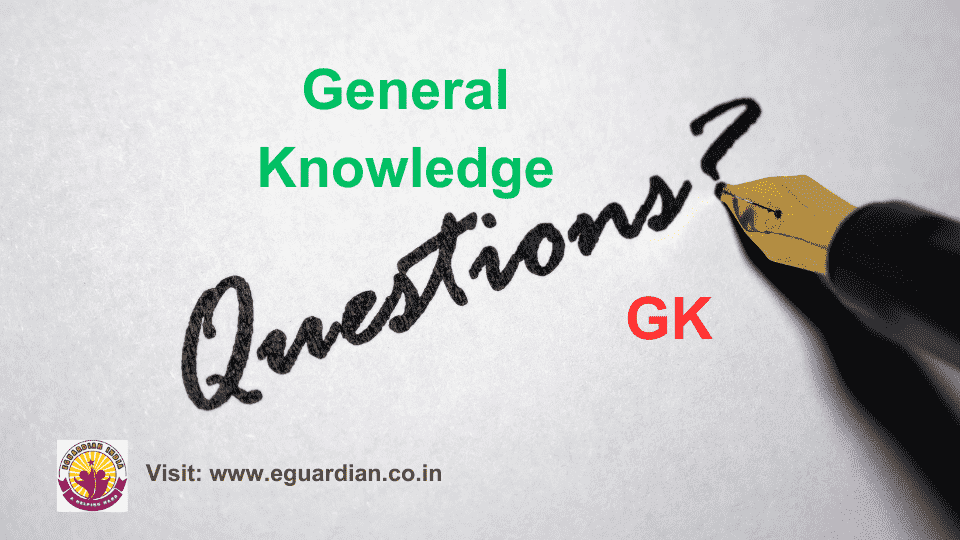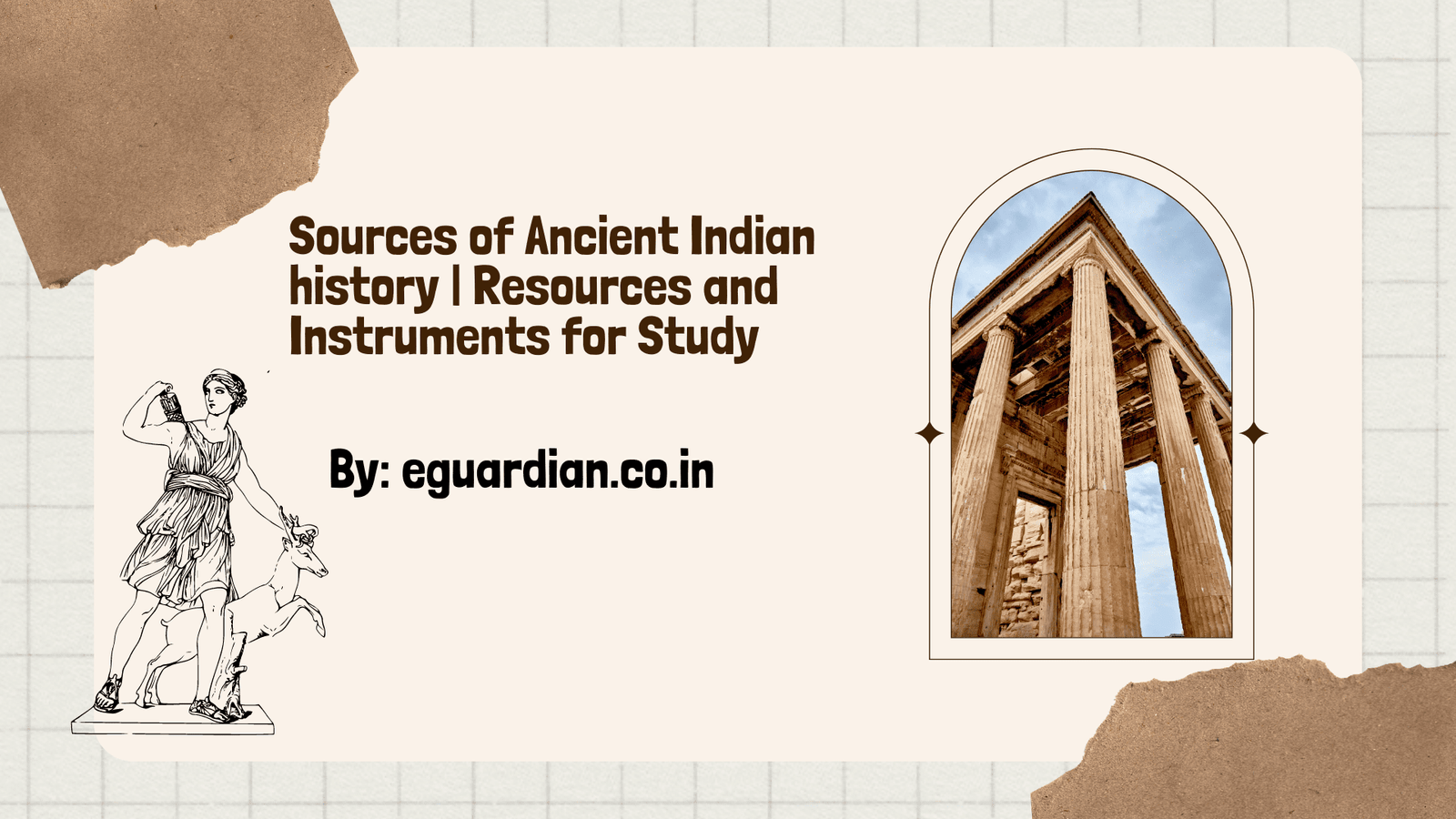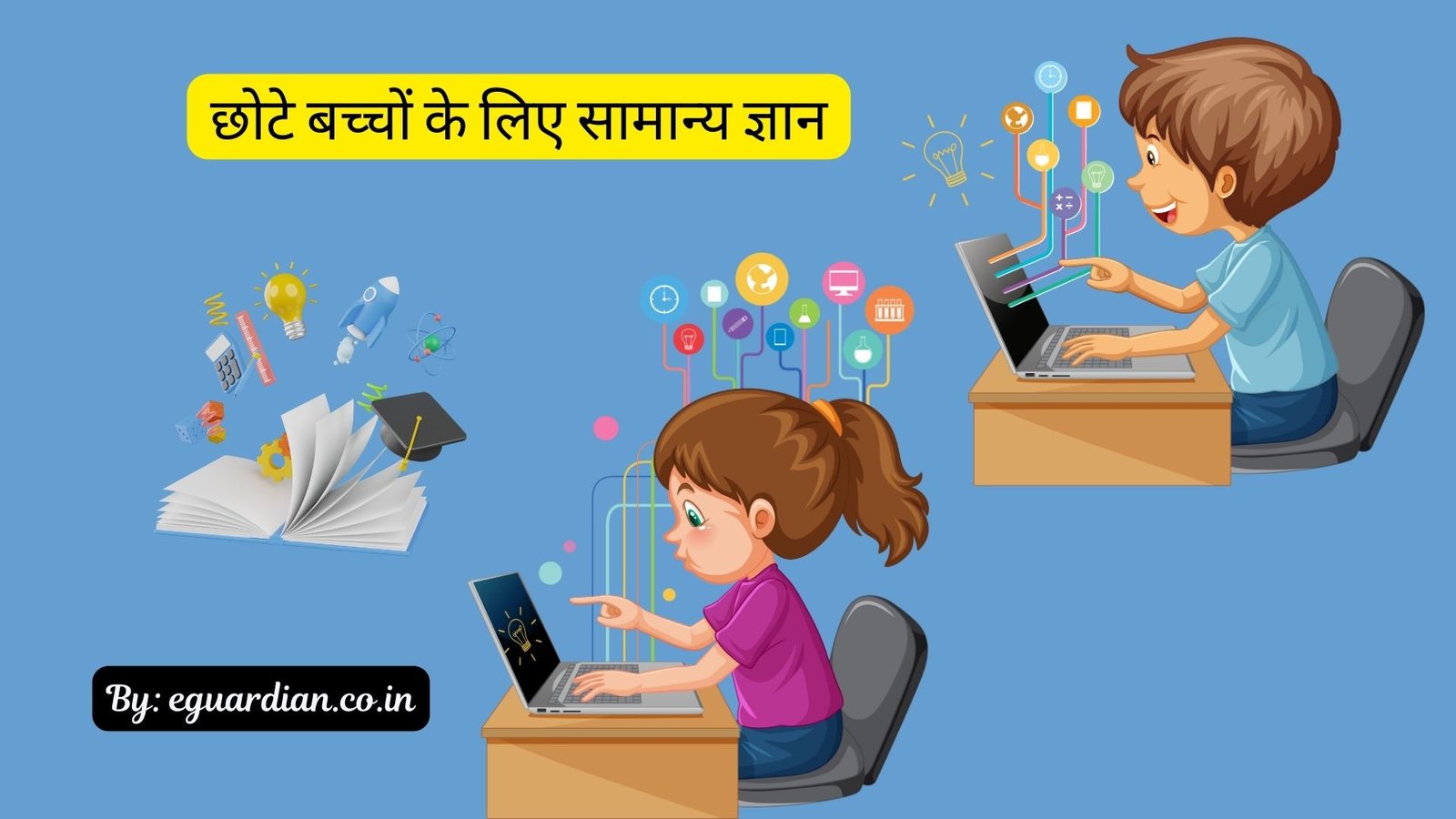Are you ready to test your knowledge and ace those competitive exams with flying colors? Look no further, as we bring you a comprehensive collection of General Knowledge Multiple Choice Questions (MCQs) with detailed answers that will sharpen your mind and boost your confidence.
General Knowledge MCQs with Answers
Q1. Who was the pilot who dropped the nuclear bomb on Hiroshima?
- Samuel Haineman
- Doctor Felix Hoffman
- William Shack*
- Bateson
Q2. Who searched for the safety pin?
- John Peabberton
- Benjamin Franklin
- Walter Hunt*
- Lenin
Q3 Who first used the word “gin”?
- Johnson*
- Bateson
- Walter Hunt
- Copernicus
Q4. Who is the father of sociology?
- Charles Darwin
- Jäger de Maestral
- Samuel Hahnemann
- August Kamte*
Q5. Who discovered the zero?
- Janeer
- Aryabhatta*
- Ferdinand de Lyses
- Samuel Haniman
Q6. Who discovered the virus?
- Dr Phillips Hoffmann
- Benjamin Franklin
- Evanovski*
- Walter Hunt
Q7 Who is the inventors of electrical batteries?
- Machiavelli
- Samuel Honeymell
- Louiebel
- Alessandro Volta*
Q8. Who invented vitamin D?
- Bernard Weber
- Hoffkins*
- Benjamin Franklin
- None of these
Q9. Who has discovered the rabies vaccine?
- Pasteur*
- Liebel
- Robert Hook
- Lammark
Q10. Who is called the parents of political science?
- Machiavelli*
- Benjamin Franklin
- Mustafa Kamal Pasha
- Landmark
Q11. Who invented the radar?
- Taylor and Young
- William Ranjan
- Benjamin Franklin
- Robert Watson*
Q12. Who discovered uranium?
- Martin Herich Kalproth*
- Albert Einstein
- Benjamin Franklin
- Ivanovski
Q13. Who is called the father of mobile phones?
- Alfred Nobel
- Martin Cooper*
- John Pemberton
- Zener
Q14. Who was the inventor of the motor car?
- Hickettius
- Karl Benz*
- Ivanovsky
- Mustafa Kamal Pasha
Q15 Who is the father of the Miss World competition?
- Hickettius
- Samuel Hahnemann
- Eric Morley*
- Martin Luther King, Jr.
Q16. India is a republic, which means:
- The public has the ultimate authority in all cases
- The parliamentary system is in India
- There is no hereditary ruler in India.
- India is a union of states
Q17. Which of the following words are not in the objectives of the Constitution of India?
- Socialist
- Political
- Dominant
- Public welfare*
Q18. The purpose of the welfare state is to
- To ensure maximum welfare of the maximum number
- To manage the welfare of weaker sections
- Providing health facilities to all citizens
- None in the above
Q19. India is considered as a republic, mainly because –
- State Election Commissioner
- India got independence on August 15, 1947
- India has his own written constitution
- According to his government’s parliamentary system
Q20. The word ‘secular’ used in the preamble of the Constitution means
- Freedom of religion and worship to all citizens
- Monotheism
- Polytheism
- Rejection of all religions
Q21. How many paragraphs and schedules are there in the constitution passed by the Constituent Assembly finally?
- 378 paragraphs, 7 schedules
- Article 370, 7 schedules
- 395 paragraphs, 8 schedules
- 398 articles, 8 schedules
Q22. At present, how many paragraphs and schedules are there in terms of calculation in the Indian Constitution?
- 390 paragraphs, 5 schedules
- 395 paragraphs, 12 schedules
- 395 paragraphs, 10 schedules
- 443 paragraphs, 12 schedules
Q23. Presently the total number of streams in the Indian Constitution is –
- 356
- 395
- 404
- None of these
Q24. In which article of the Constitution it is inscribed that India will be a union of states?
- Article-1
- Article-4
- Article-6
- Article-8




